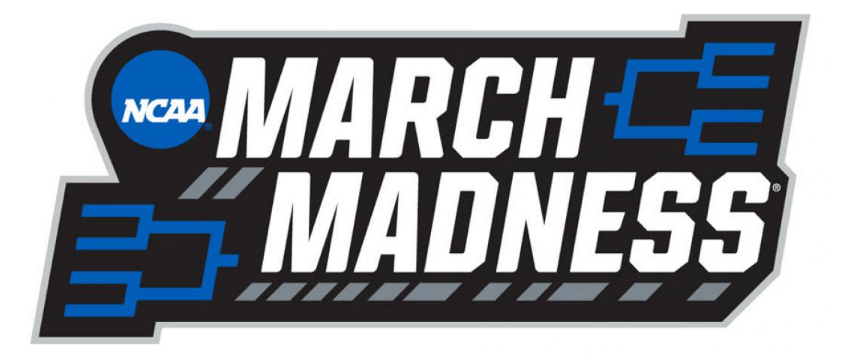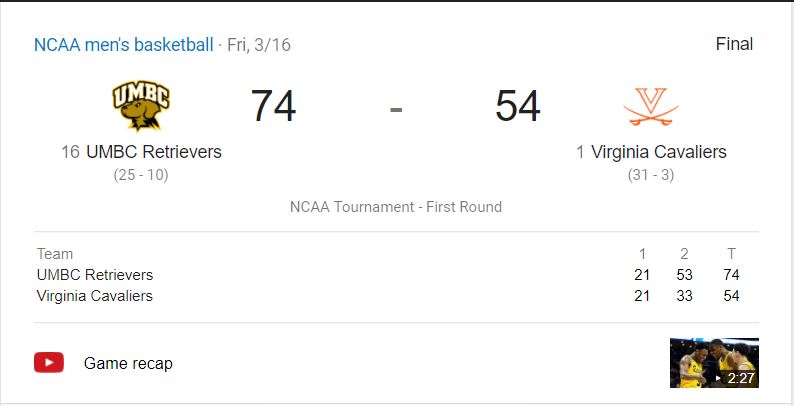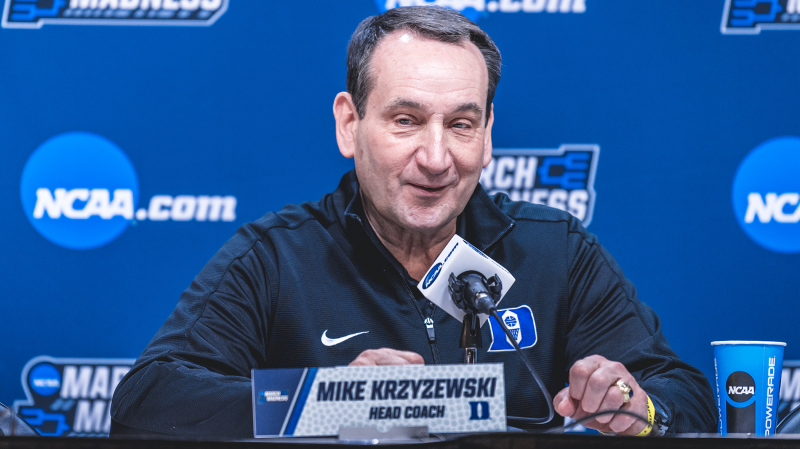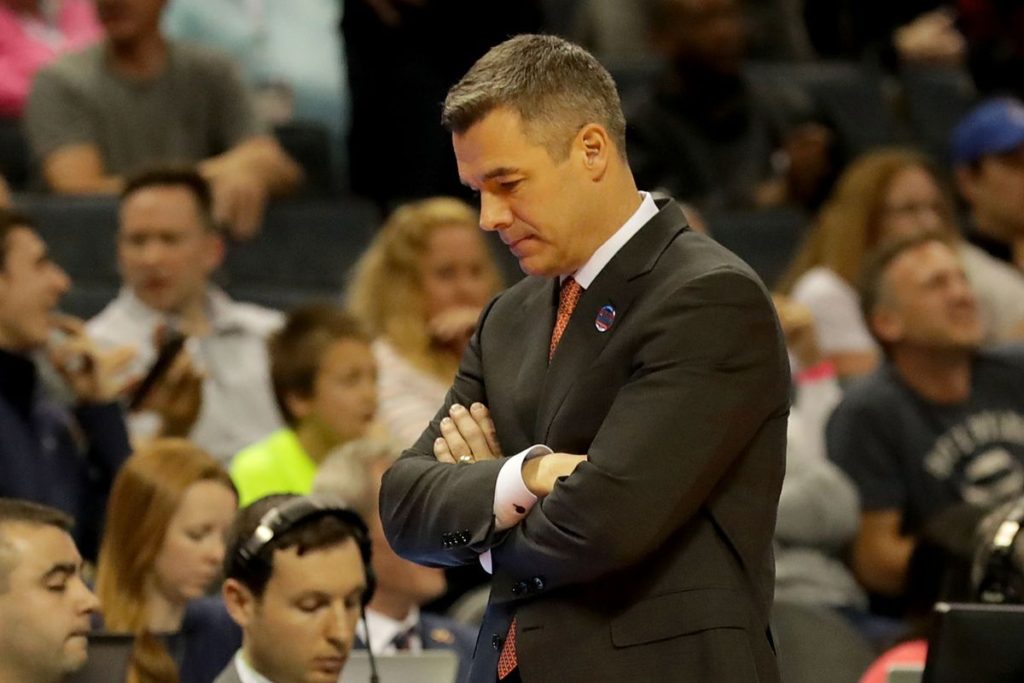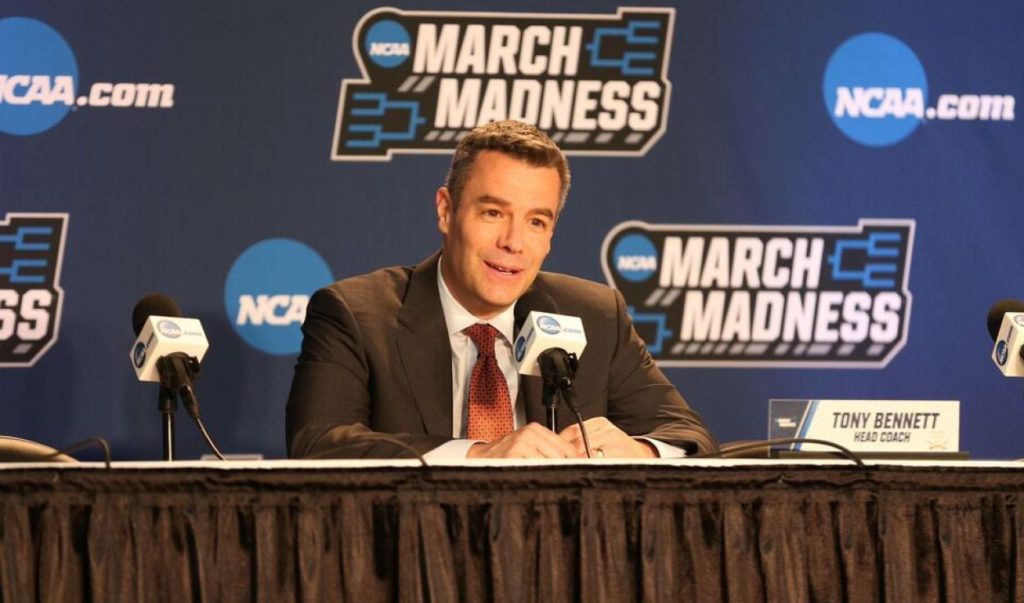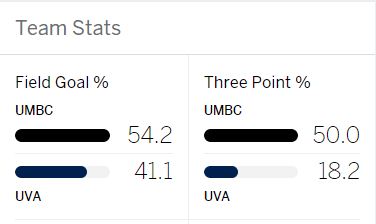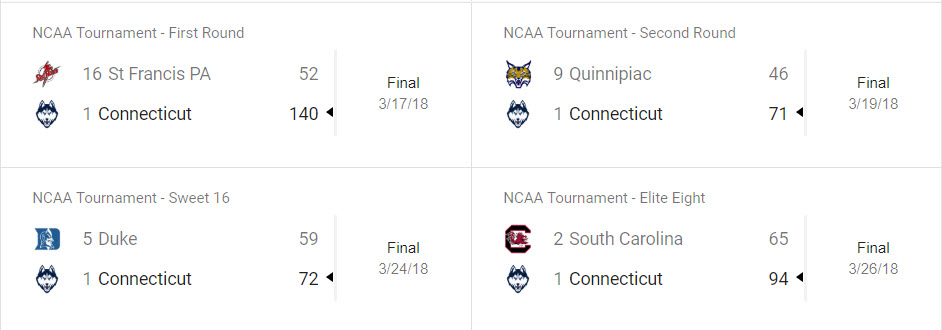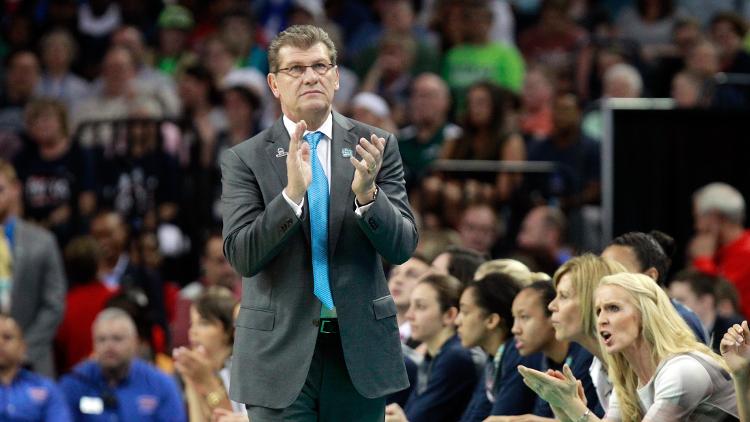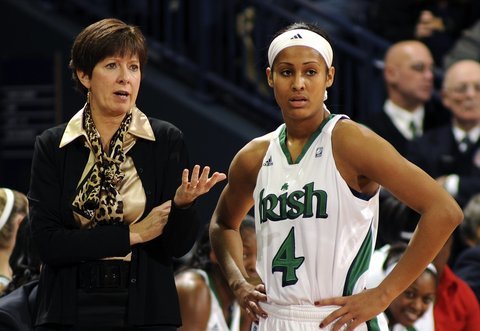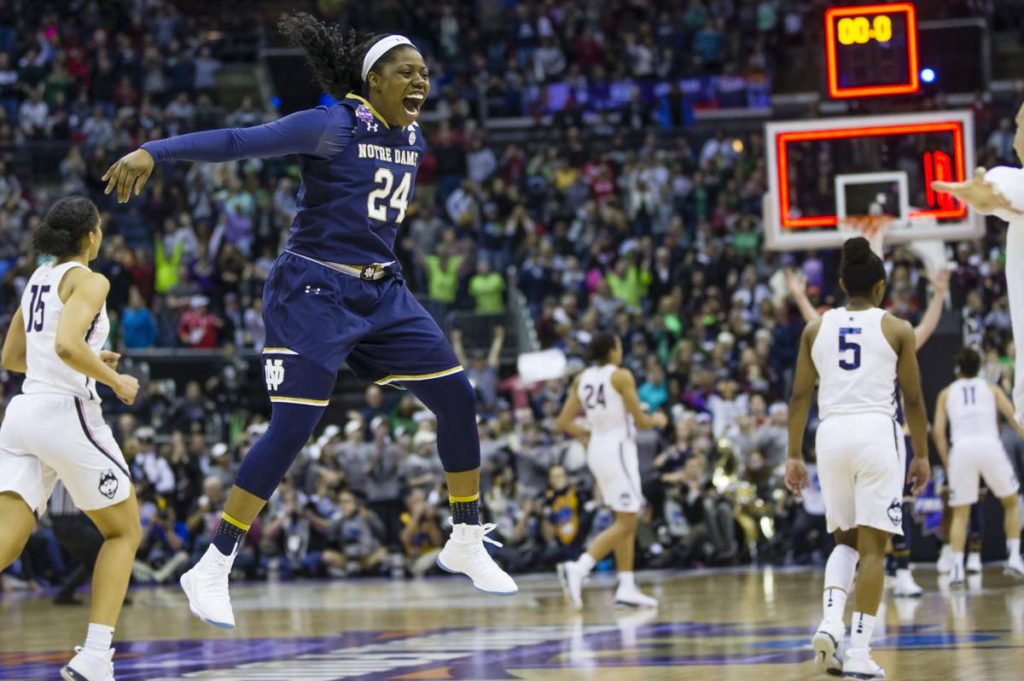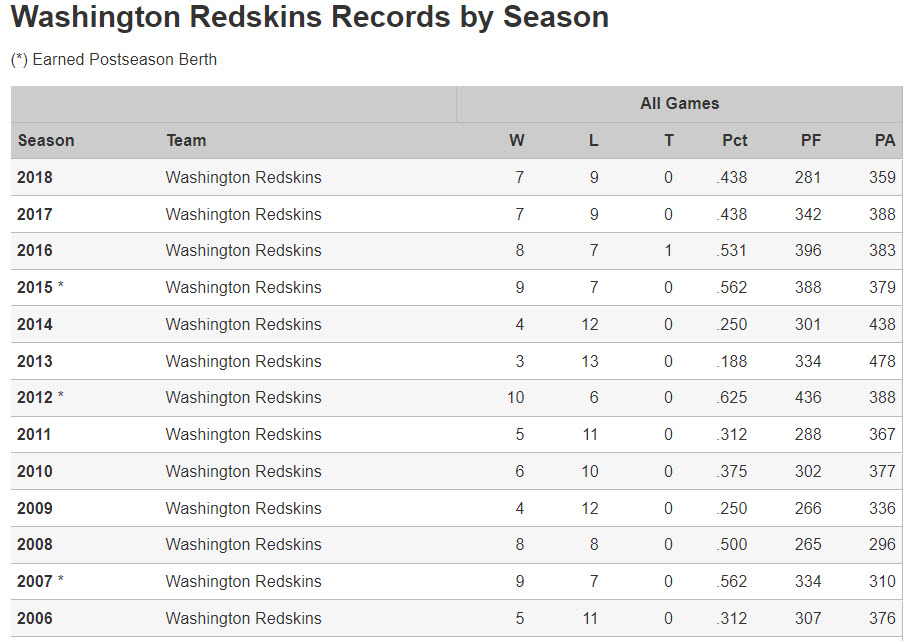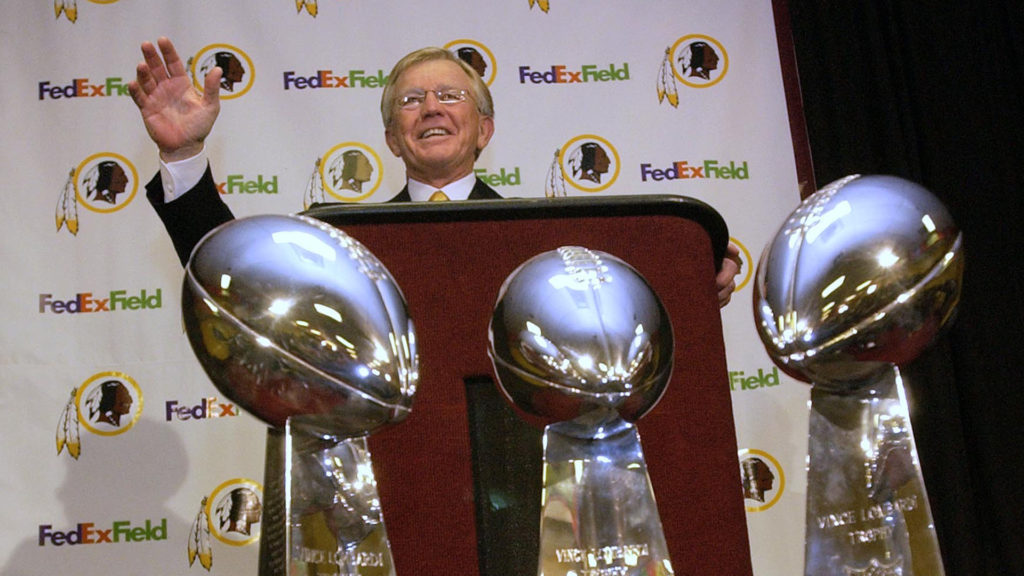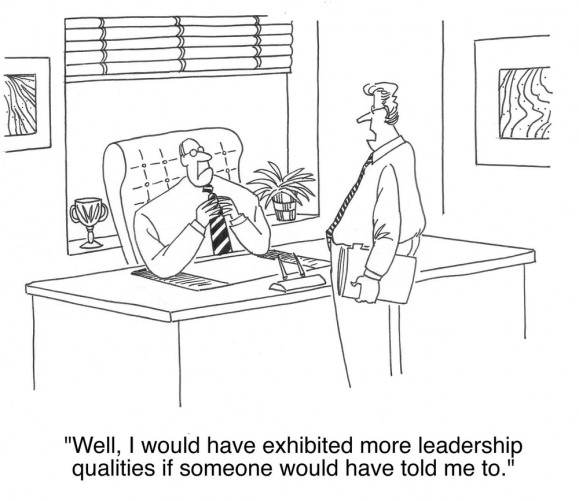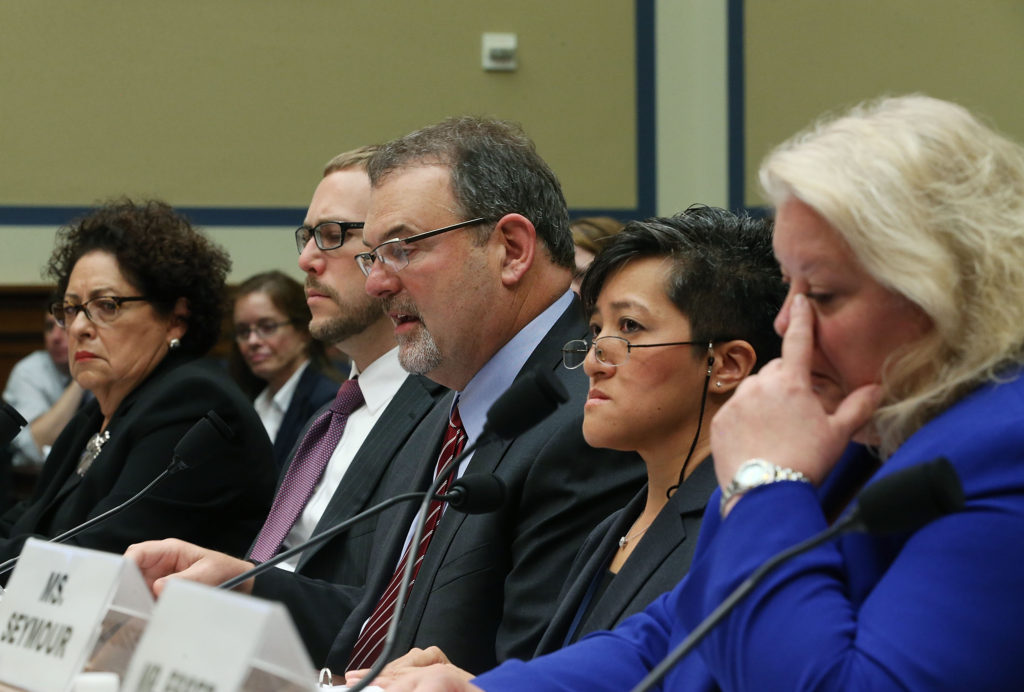The NCAA men’s basketball tournament was excellent this year. Last year both the men’s and women’s competitions were thrilling, full of great games. This week I will talk about leadership lessons from last year’s men’s tournament. I have already mentioned this in previous posts, and I will say it again. Leaders can learn a lot from sports. Many of these lessons are directly applicable to the real world. You must have a “Plan B”.

The wrong team won the men’s tournament last year
Villanova won another championship – their second one in three years. Winning the tournament is challenging. Winning it multiple times is really difficult. It is an impressive accomplishment. Villanova was not supposed to win the tournament. Sure they were one of the top seeds. But, they were not the top-seeded team. The University of Virginia was the unanimous #1 team going into the tournament. My mighty Cavaliers were supposed to win it all. They didn’t. In the last post, I described why a great team like UVa loses. Now I am going to describe the one major lesson we can learn as leaders from their historic loss.

Major leadership lesson – have a “Plan B”…always
Things never turn out quite the way we plan them. We all know this, especially as leaders. It is extremely rare that everything goes perfectly for you and your team. You will face obstacles. It is a given. In their historic loss, UVa’s plan was not working. For several reasons, Tony Bennett’s system was failing them and they fell further behind as the game progressed. Unfortunately, they did not really have a “Plan B”, or they chose not to change their plan. They did not make the proper adjustments and paid the price. They lost. Don’t let this happen to you as a leader. You must have a “Plan B”…always. Always!!

Leaders are responsible for having “Plan B”
Your team looks to you for leadership. Part of your many responsibilities is to determine when it is time for “Plan B’. Do not be surprised if your team turns to you and asks “what do we do now” when the current plan is not working. They will. They may wonder if they are on the right team if you do not have any ideas about what to do, much less a “Plan B”. Don’t disappoint them by choosing to ignore the signs that the current plan is not working, and tell them to just keep going. Winning teams make adjustments along the way.

The “everything will be fine” mentality
I have fallen into this trap many times. It is a naive approach. Don’t stick your head in the sand and hope that things will get better. Make the call. Change to “Plan B”. Of course, it is impossible to implement a “Plan B” if you do not have one. Leaders are responsible for having a “Plan B”. Don’t rely on your team’s performance to overcome the fact that you did not plan well enough to include a “Plan B”. It is not fair to them. Do your job as a leader.
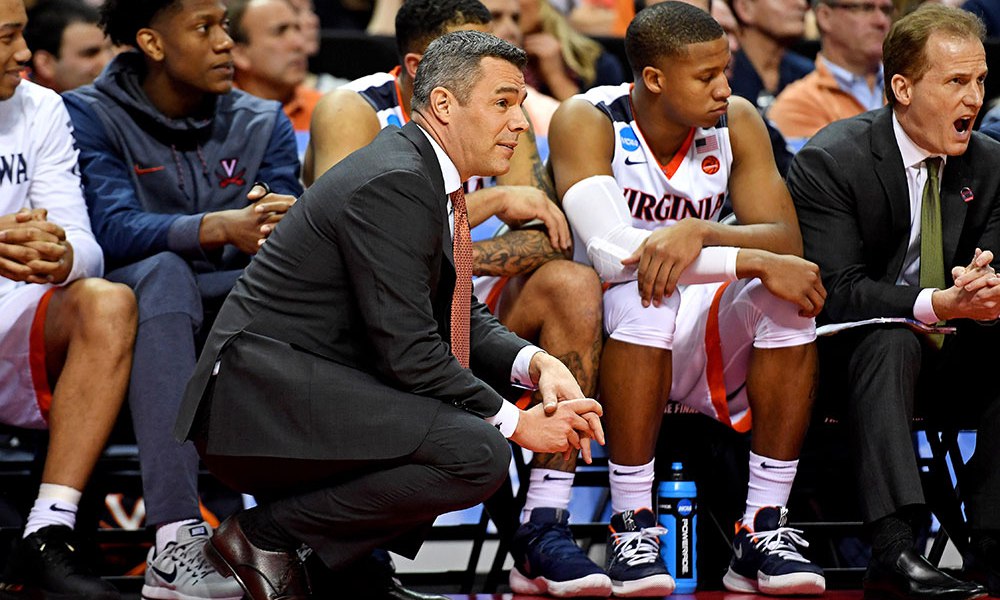
Good leaders create “Plan B” well before it is needed
Trying to make up a “Plan B” on the spot can be challenging. I am not saying it is impossible. I have served with leaders who were quick thinkers and could figure out a new plan on the spot. They were at their best when the situation around them was falling apart. But, that leadership attribute is rare. Most of us do our best thinking when things are calm, not in the heat of battle. Think about your contingencies and talk through “Plan B” with your team beforehand. This approach will give your team more confidence and better prepare them for success.
In preparing for battle I have always found that plans are useless, but planning is indispensable.
General Dwight D. Eisenhower
Your team may have “Plan B” already figured out
As the leader, you are responsible for having a “Plan B”. But, that does not mean you should avoid getting inputs from your team members. When you talk through contingency plans ask your team for inputs. Ask them questions like how should we respond if this happens. They may already have “Plan B” figured out, especially your more experienced team members. Leverage their knowledge and experience for the good of the team. Some of the best contingency plans I executed as a leader came from team members, not me. Here is an example from my own career.

What to do when your normal approach will not work
One time my client faced a challenging situation and I was not sure what to do. She was asked to radically revamp the organization’s strategy, and to do it quickly. When I asked her how long my team had to craft the new strategy she said a month. Wow – that was fast given the size of the organization. I met with my team to discuss our approach. We laid out the timeline using our normal strategic planning process and came to the conclusion that it would take three months. We had one month, not three. Obviously, we needed a “Plan B” before we even got started.

Sometimes the “B” in “Plan B” stands for bold
I had no idea what we were going to do so I solicited ideas from my strategy experts. The two most junior members of the group had some ideas that just might work. They recommended we use a new approach known as design thinking to formulate the strategy. I was somewhat familiar with design thinking but had not implemented it before. Next, we would create a short powerpoint deck for the strategy instead of the normal lengthy word document. Lastly, we would repurpose time at an upcoming event to gather feedback from stakeholders in a group setting vice in separate meetings.

Get buy-in for your “Plan B”
The plan they described was bold. Would it work? I did not know, but it was worth a shot since we did not have any better ideas. We briefed the new plan

You must commit to Plan B or your team may fail
We moved forward with “Plan B”. Many stakeholders questioned the new approach. We heard questions like is this really going to work? Why aren’t we following the normal approach? All reasonable objections. My role as the leader was to address these questions and keep the team moving. I showed my commitment by not hedging my bets. Rather I was committed to “Plan B”, and the team knew it. We were either going to be successful together, or I would take the blame if it did not work. It is a risk that you must be willing to take.
Business is about people. It’s about passion. It’s about bold ideas, bold small ideas or bold large ideas.
Tom Peters
Some of your best results may come from “Plan B”
My team did not disappoint me, or the client. They worked hard. They made it happen. The new approach forced everyone to think differently about the solution. We came up with a much better strategy than the previous one. It was simple to understand and would propel the organization forward at a much faster pace. When our client briefed the new strategy to her boss it was a huge hit. Big success based on a bold “Plan B” from two junior team members who had the courage to share their idea.

What I learned from that experience
Afterward, I thought about what would have happened if we stuck with our normal approach. I am convinced we would have failed, just like UVa did during the NCAA Men’s basketball tournament. Make sure you always have a “Plan B”. You never know when you will need it, and your “Plan B” may end up being the better way in the long run.
Two roads diverged in a wood, and I—
Robert Frost Poem
I took the one less traveled by,
And that has made all the difference.
ATW! is designed to make you a better leader
I hope you join me on this journey to raise up the next generation of leaders. The world is in desperate need of more great leaders. Women and men who lead with confidence, clarity, and creativity. It’s time to become the leader that your world needs. Let’s go All The Way!
